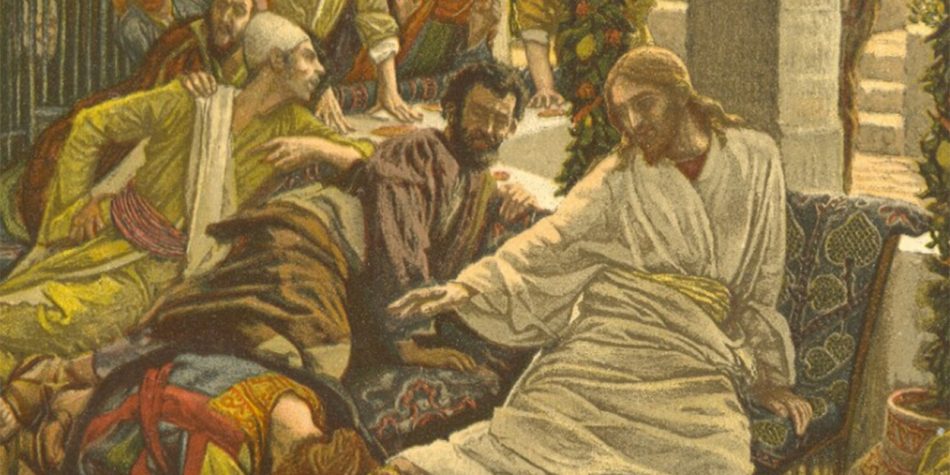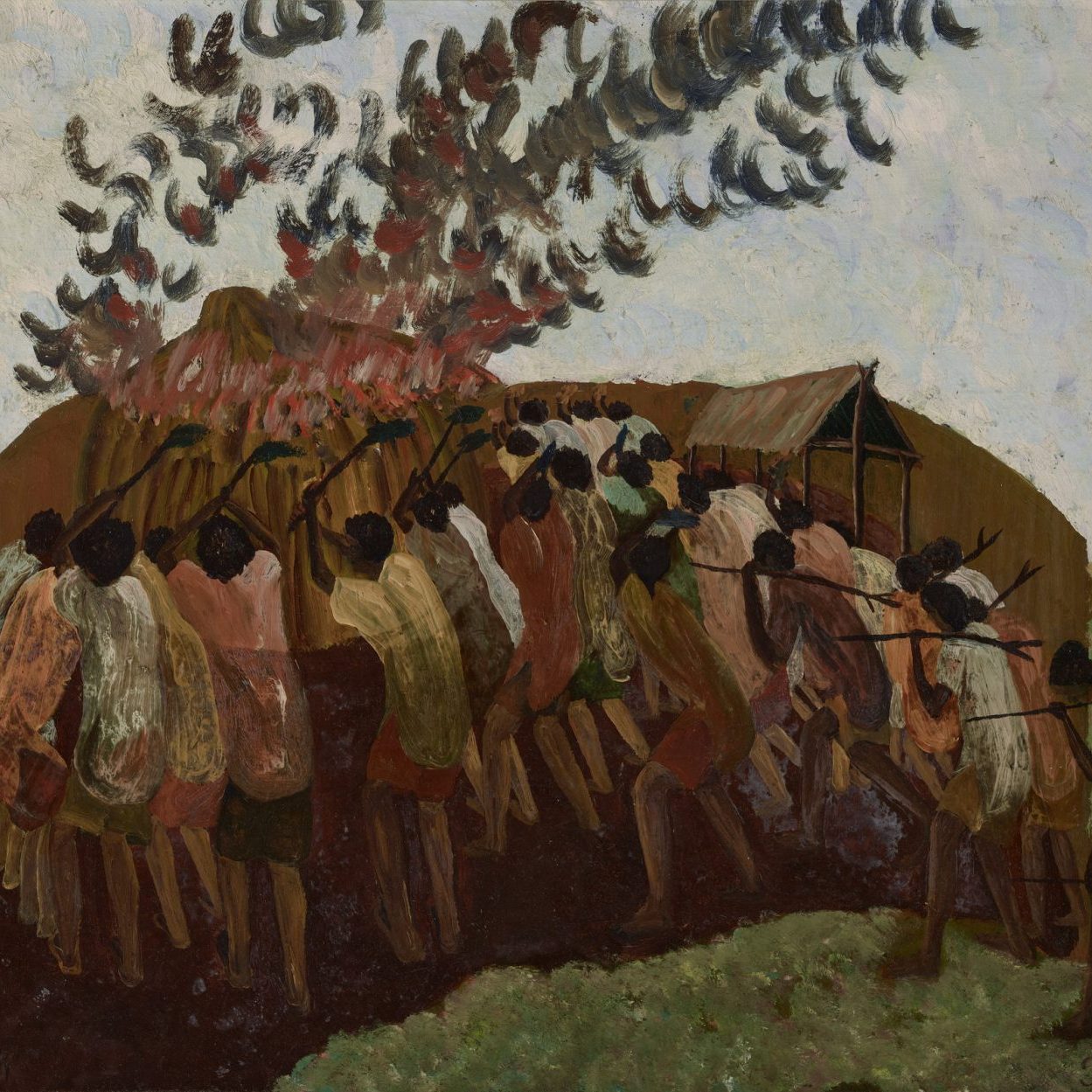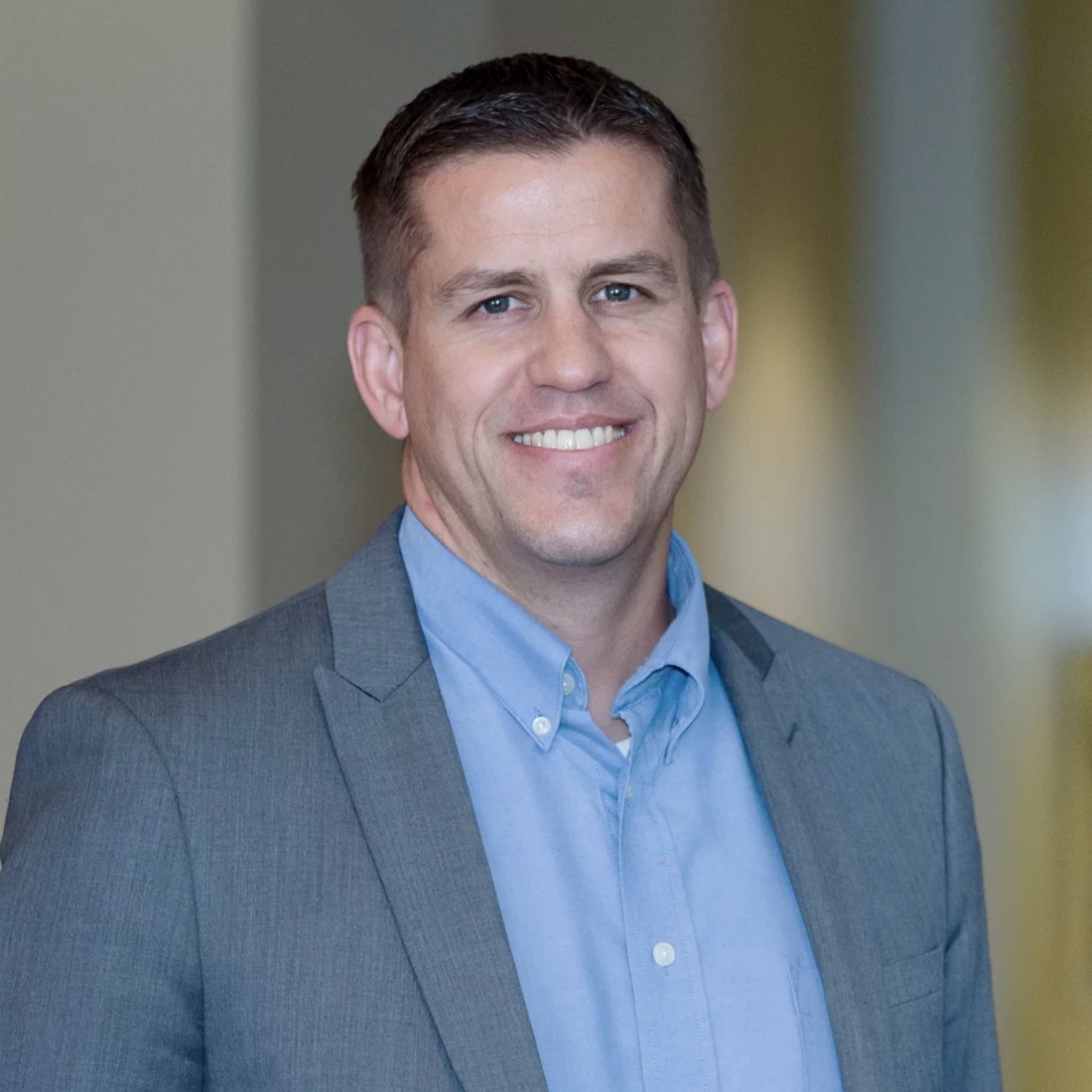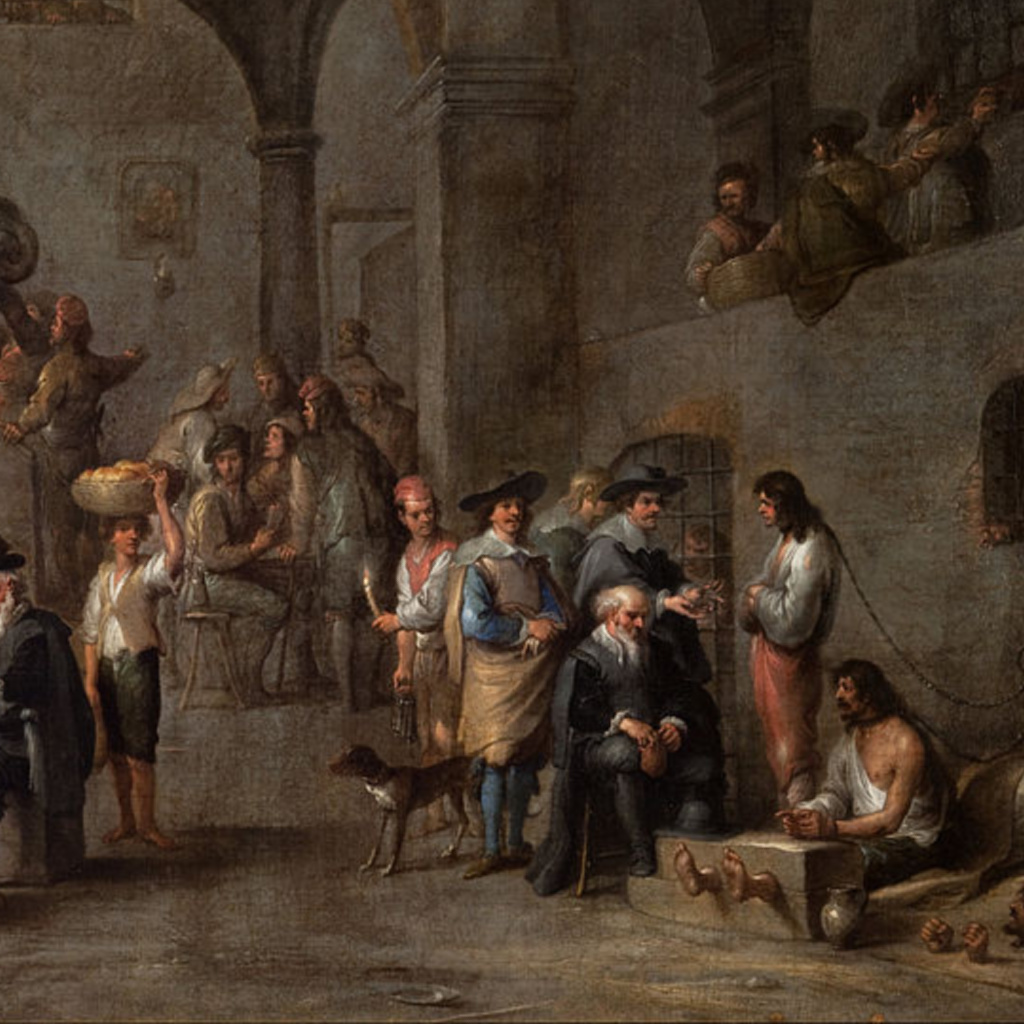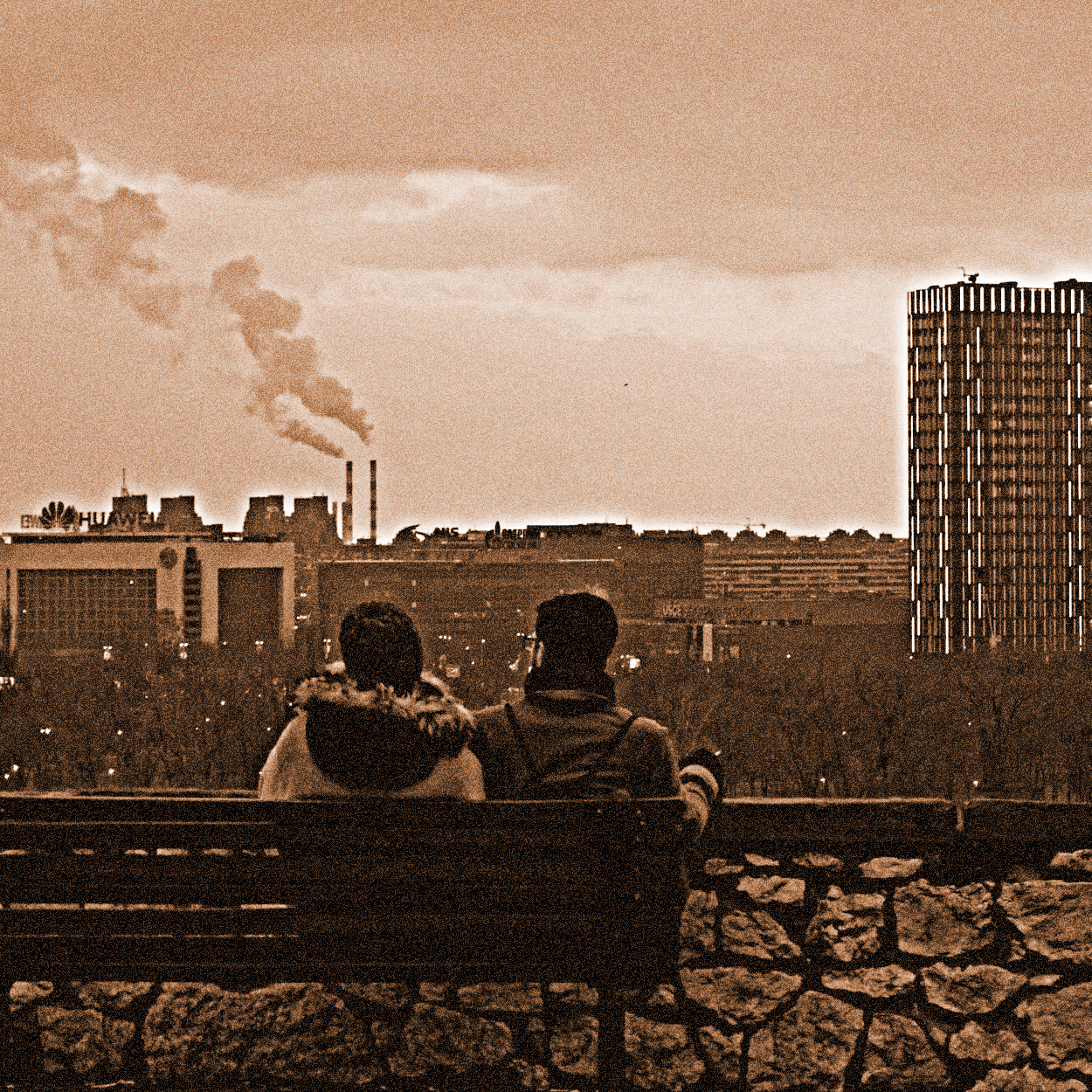Complaints that The Church of Jesus Christ of Latter-day Saints wasn’t doing enough to combat COVID-19 seem premature in the wake of Tuesday’s letter from the faith’s First Presidency indicating that the church has undertaken some 110 global humanitarian projects related to COVID-19.
And other suggestions that the church should have forgone or curbed certain devotional elements of its recent general conference — e.g. the “Hosanna Shout,” revealing a new proclamation or an invitation to fast — fail to appreciate the full breadth and scope of Christian worship.
Indeed, gospel accounts of the Lord’s own life suggest that healing the sick (humanitarian acts) and worshipping God (devotional acts) are not mutually exclusive either-or propositions, but rather interwoven and reciprocal Christian imperatives.
In the gospel of John, we read that six days before the Passover, during the last week of Jesus’ life, he sat at dinner with Mary, Martha, Lazarus and some of his apostles. During the meal, Mary took a pound of expensive, fragrant oil and anointed Christ’s feet, wiping them with her hair. In light of all that had happened — and all that was about to transpire — this act of great humility and devotion no doubt would have touched others present who may well have intuited its sacred significance.
Judas, however, was bothered: “Why was not this ointment sold for three hundred silver coins, and given to the poor?”
It would seem the height of sacrilege to question whether Christ spent sufficient time healing the leprous.
(In the other gospel accounts, the objection is raised by the pharisees, or, simply, Christ’s disciples).
For some the question may seem fair. After all, throughout his ministry, Christ had underscored the importance of giving to the poor — instructing one rich man to give away all that he had and to follow him.
It’s not hard to understand the concern, given the cost of the ointment. Some might have genuinely wondered what good might have come had the ointment been sold and given to the poor.
But Jesus did not agree. “Let her alone; she has kept this for the day of my burial.” Or, as recorded in another gospel account, “Why trouble ye her? She hath wrought a good work on me.”
Christ, in other words, accepted this sincere — and perhaps even plethoric — outpouring of devotion. Previously, he had taught that the first great commandment was to “love the Lord thy God with all thy heart, and with all thy soul, and with all thy mind.” Surely, Mary’s gesture was an expression of such all-encompassing love and devotion.
Of course, it’s true that Christ fed the hungry and healed the sick — something all Christians can and should do more often and in more ways. But this was not everything Christ did during his ministry.
He preached sermons, visited synagogues, attended feasts, fasted, prayed, cleansed the temple, walked on water, traveled by foot and donkey, administered the sacrament, washed feet, got baptized, suffered in the garden and rose from the tomb.
To the Christian, then, it would seem the height of sacrilege to question whether Christ spent sufficient time healing the leprous, for example.
Now, there is a difference between second-guessing elements of Christ’s ministry and critiquing the institutional actions of the contemporary church.
Religious institutions of all stripes should be held to high standards, and this is particularly true for a church which bears Christ’s name. But, given the scope of Jesus’ life and ministry, it’s quite strange to encounter complaints implying that the general conference of The Church of Jesus Christ of Latter-day Saints focused too much on worship, devotion or doctrinal exposition at the expense of humanitarian overtures.
It begs the question: “Why trouble ye?”
One writer in the Salt Lake Tribune observed: “When Nelson announced that April conference would be special like never before, I expected an announcement of mass relief efforts. . . . But instead, conference consisted of a Joseph Smith commemoration, discussion of the end of times and an announcement of another church wide fast.”
A separate public commentator complained: “In a time of global pandemic . . . our big revelation was a proclamation that our religion is the right one?”
It’s worth wondering whether these writers took the time to inquire about the scope of church relief efforts prior to publishing criticisms.
And yet another wrote in the Salt Lake Tribune that, rather than witness the “Hosanna Shout” — a devotional ritual considered sacred to Latter-day Saints — he would have preferred to watch a detailed accounting of how the church planned to spend its “rainy day fund to help those who have lost or will lose their jobs during these very rainy times.”
This latter complaint is particularly confusing, simply because the welfare efforts of the church in aiding the unemployed are already well-known: Every week all across the world thousands — if not tens of thousands right now — of unemployed Latter-day Saints (as well as non-Latter-day Saints) meet with local church bishops who are authorized to assist, where appropriate, in helping with bills, rent or food in an effort to keep the lights on and the pantry filled during hard times.
Free employment services are also deployed to help individuals get back on their feet and find work. The church offers low cost higher education opportunities and free classes on, among other things, starting a business, looking for employment and personal finances. The church offers free mental health counseling services as well.
We believe that it’s important to hold institutions to account. And, certainly we’re not suggesting that the church or any similar organization should be shielded from the judgement of a public press. But it’s worth wondering whether these writers took the time to inquire about the scope of church relief efforts prior to publishing criticisms.
Even if these writers didn’t think to call the church, there were already public stories about sizable humanitarian efforts by the church in places like Iran, Italy, and China. And during an online town hall-style interview with Silicon Slopes in late March — in advance of general conference — Elder Craig C. Christensen, a General Authority Seventy of The Church of Jesus Christ of Latter-day Saints, commented that the church was currently filling a $30 million humanitarian-related request in Utah alone.
Tuesday, the scope of the church’s global COVID-19 aid efforts — more than 110 projects in 57 countries — was reiterated in a public letter by the First Presidency, which included an ask for members in Utah to help prepare 5 million masks for health care workers around the world.
Undoubtably, these writers are sincere in their wish to see people receive relief and to witness more good done in the world. We simply suggest that their framing is a false dichotomy. Humanitarian efforts, devotional worship and, yes, even exclusive truth claims, are not mutually exclusive. In fact, they are intertwined in the life, example and teachings of Jesus Christ.
Disciples deserve the benefit of the doubt, including these writers. But when judging the church publicly we should at least seek a clearer understanding of the full humanitarian efforts of the church, alongside its broad religious mission. Otherwise even genuine questions risk coming across as, ironically, uncharitable, even as the church expands its own charitable outreach all around the world.

